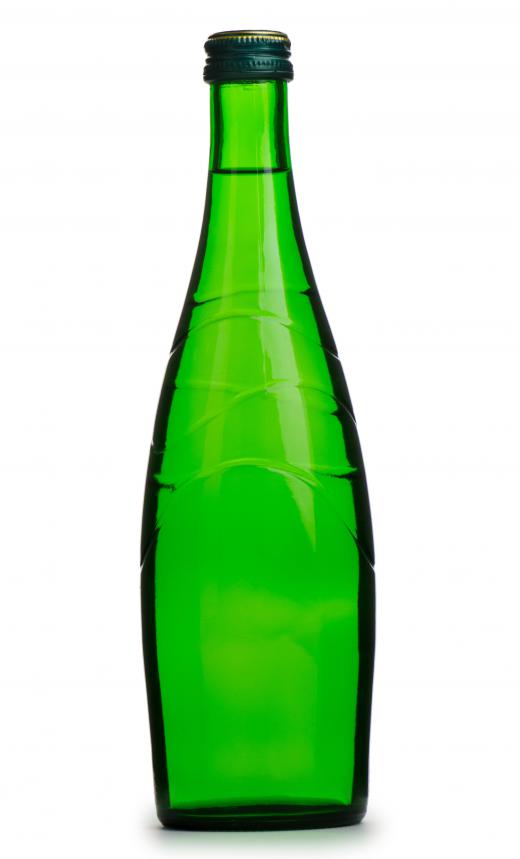A recycling plant is a facility which processes materials for recycling. Recycling plants may be attached to landfills to streamline the waste management process, or they may be independent facilities. The goods handled at a recycling plant are quite varied, depending on regional demand for specific materials, and the capacity of the plant itself.
Recycling is a complex process, which starts with a consumer dropping a recyclable object or container into a designated recycling bin. Once that object reaches a plant, it is dumped onto a conveyor with numerous other items for sorting. Sorted goods are divided by type, so that like can be recycled with like. After sorting, the goods are usually cleaned, so that they are ready for the recycling process.

Melting, shredding, and pulping are all used to prepare things for recycling. Glass tends to be chipped and then melted so that it can be made into new glass objects, although some recycling plants also offer bottle reclamation, in which bottles are sterilized for reuse. Shredding is used to package plastic, metal, and paper for processing, while pulping is used to convert paper products into a slurry which can be made into paper all over again.

Once objects have been broken down at a recycling plant, they can be shipped to facilities which make things from recycled goods. Demand for raw supply fluctuates, so sometimes a recycling plant ends up with a backlog of materials like shredded plastic, and in some cases, the plant may be forced to landfill excess material because it runs out of storage space.

Many recycling plants encounter recyclables which they cannot handle. These are packaged and shipped to plants which specialize in these items. Some facilities, for example, focus on recycling electronic components, using trained staff to break down discarded electronics safely so that their usable components can be reclaimed and reused. Other facilities may specialize in handling scrap metal, or rare types of plastic.

For consumers who are really concerned about recycling, it is a good idea to contact the recycling plant which collects recyclables locally, to find out what it does with materials it cannot process, along with excess recyclable materials which are not in demand. Unprocessable materials may not always be shipped out, especially if the plant cannot profit by sending these objects to plants which can process them, and some recycling plants may landfill unusable or excess material, or ship it to another region of the world, where it may be dumped instead of being recycled.
Ever since she began contributing to the site several years ago, Mary has embraced the exciting challenge of being a About Mechanics researcher and writer. Mary has a liberal arts degree from Goddard College and spends her free time reading, cooking, and exploring the great outdoors.

